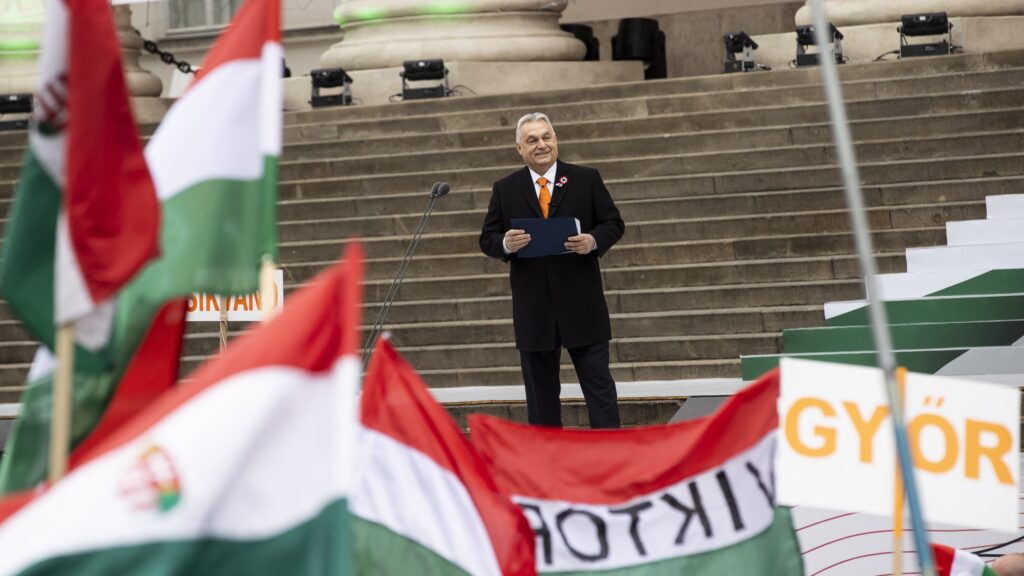
As the Trump administration reshapes transatlantic relations, Hungary has a unique opportunity to position itself as a key player in the new order.
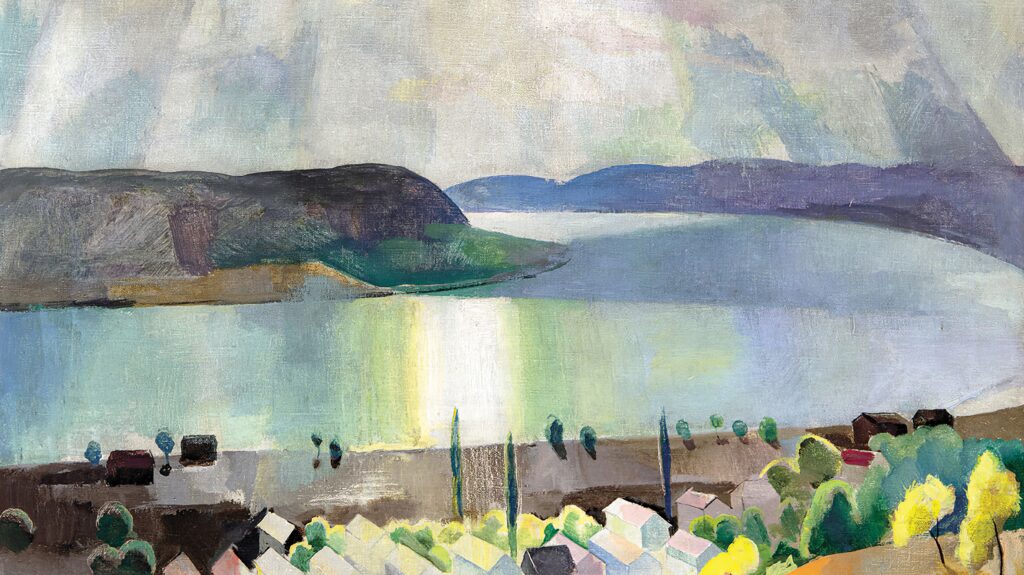
‘The Danubian Compact could serve as a modern, flexible framework for cooperation, focusing on shared economic interests, energy security, infrastructure development, and more. What if the real future of Central Europe does not lie in resurrecting the past, but in reimagining it for a new era? The pieces are there, the question is whether the leaders of these nations are willing to make that leap.’
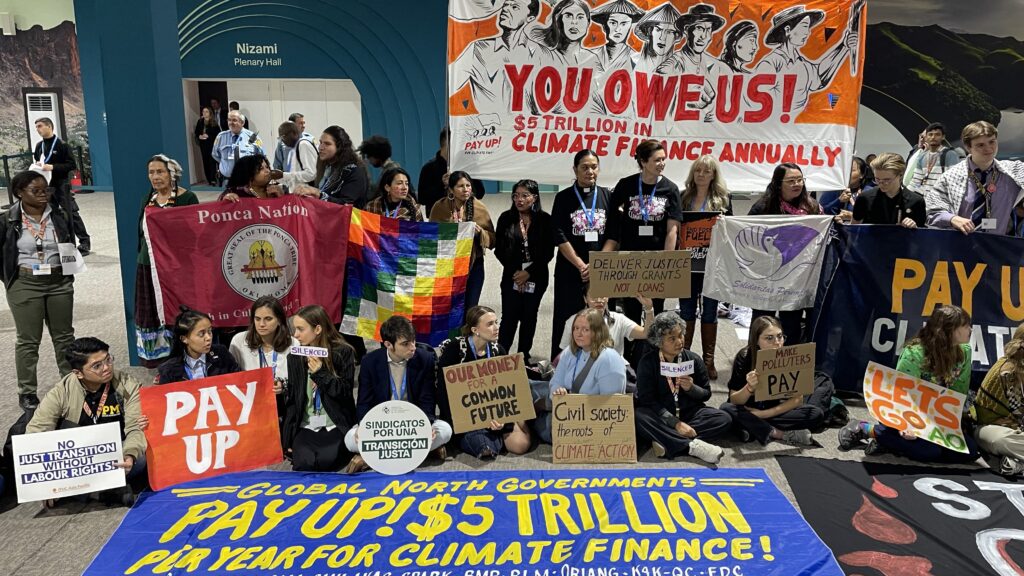
‘Ultimately, COP29 will likely reaffirm what we’ve long known about global climate diplomacy: nations, despite their collective rhetoric, will prioritize their own interests. For wealthier countries in the Global North, the climate agenda offers an opportunity to entrench their geopolitical and economic dominance under the guise of green leadership.’

‘The question of what a Harris administration’s foreign policy would be is rather like asking a cat its views on quantum mechanics: you’re unlikely to get much clarity. There’s been a rather large absence of any discernible worldview to distinguish her from her boss, Joe Biden. Indeed, one might say her foreign policy is as elusive as the Hungarian summer—everyone has vague expectations, but no one is quite sure what it’ll look like when it finally arrives.’

‘The fate of American democracy—and democracy more broadly throughout the West—depends on social, cultural, demographic, and technological trends and changes that have been ongoing for quite some time now. It may perhaps be too late to reverse these trends, and the fixation on individual figures fails to address the real issues at hand. As history has shown, the unraveling of social cohesion, coupled with technological disruptions, erodes the very foundations of democratic systems.’
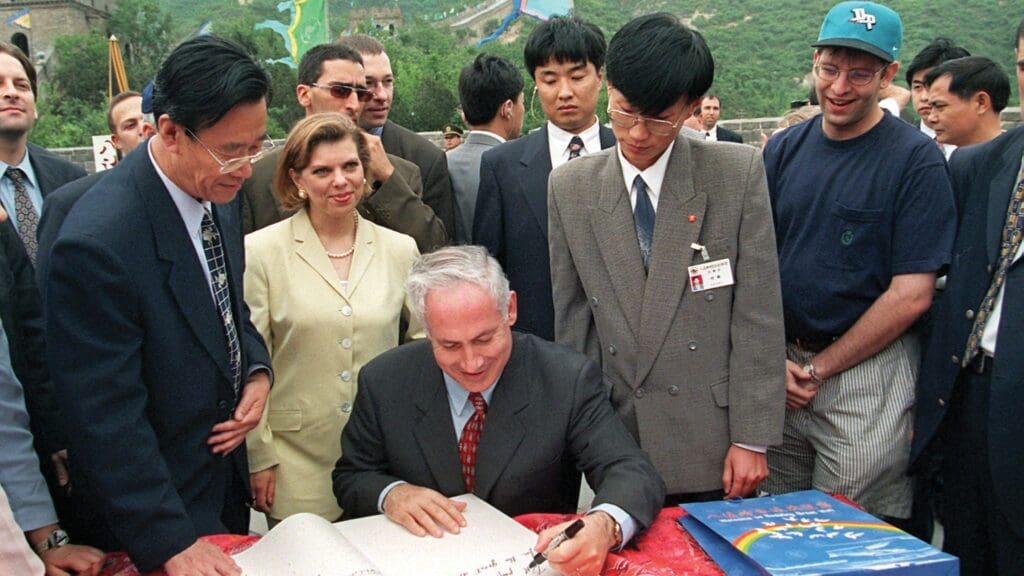
‘The HAIKU states present a novel approach to exploring and understanding how statesmen and national leaders can navigate a dynamically changing global political landscape, marked by shifts in power balances, evolving alliances, and heightened strategic competition.’
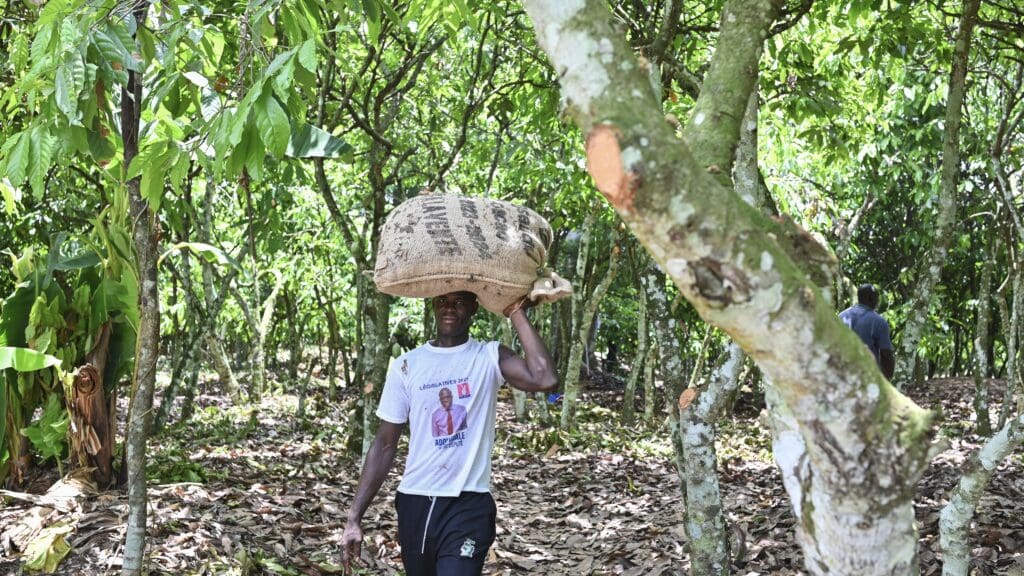
‘In facing the end of affordable chocolate, we encounter a microcosm of the broader challenges of living sustainably in a finite world. The path forward demands not only technological innovation and policy reform but also a cultural shift in how we value and consume the earth’s resources. The luxury of chocolate, once taken for granted, could become a conscious choice, a deliberate act that reflects our commitment to a more equitable and sustainable world.’
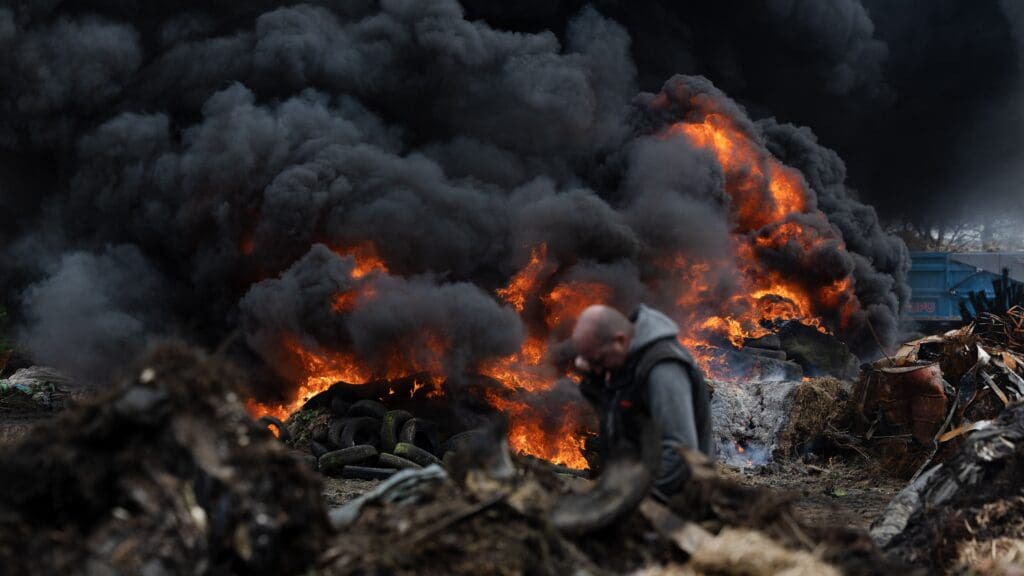
‘The protests today, like the Peasants’ War, are not merely about specific policy grievances but represent a broader disillusionment with political and economic systems that seem increasingly out of touch with the needs and values of significant portions of the population. Both movements illustrate how new social forces can galvanize widespread action, pushing societies to a tipping point where change becomes inevitable.’
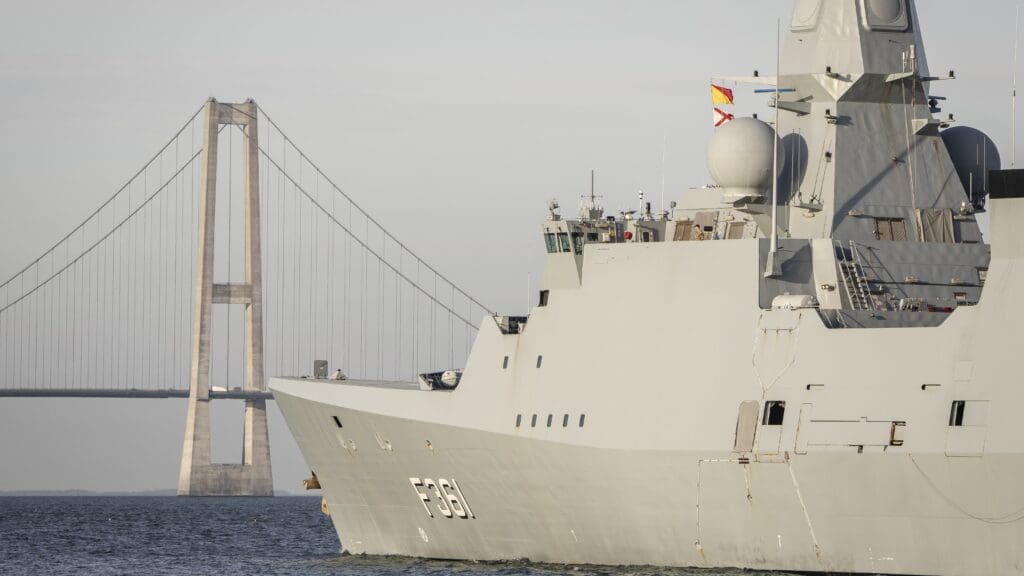
‘How are Europeans supposed to afford the welfare state and support migrants and pay for higher energy prices and pursue remilitarization and revive their economies on the same income without taking on any more undue debt, which is already considerably high?’
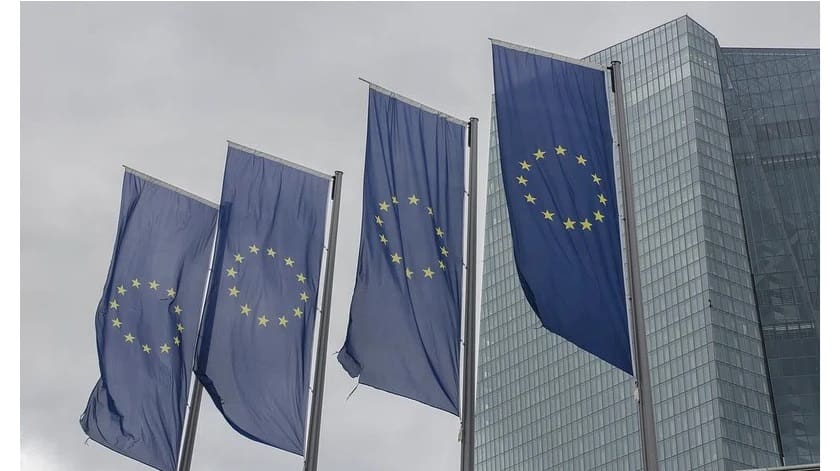
‘Given these numerous negative trends, it is clear that 2024 stands as a do-or-die moment for European leaders and policymakers to save and turn around the European Union. Achieving such will require making painful decisions. In the short term, the most immediate, visible, and pressing among these is addressing the migrant crisis, including the reality that many migrants, refugees, and illegal immigrants are taking advantage of Europe’s over-generous welfare state.’
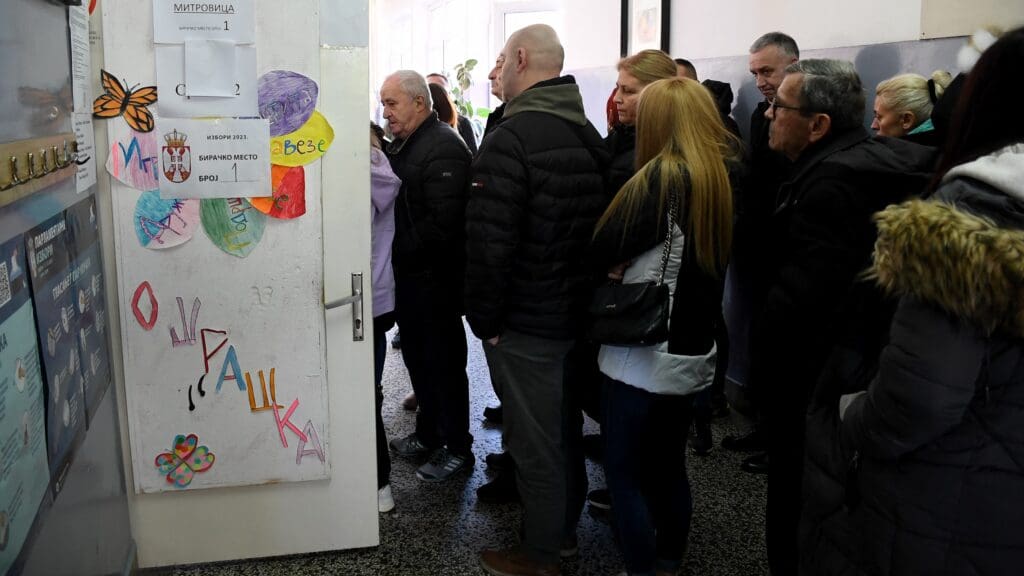
Serbia’s geopolitical destiny seems preordained. Encircled by NATO and EU nations and deeply intertwined economically with Europe, Serbia is experiencing a constant drift toward the West while remaining nominally neutral. It is his ability to facilitate this complex and domestically controversial process that makes Vučić so valued by Washington and Brussels.
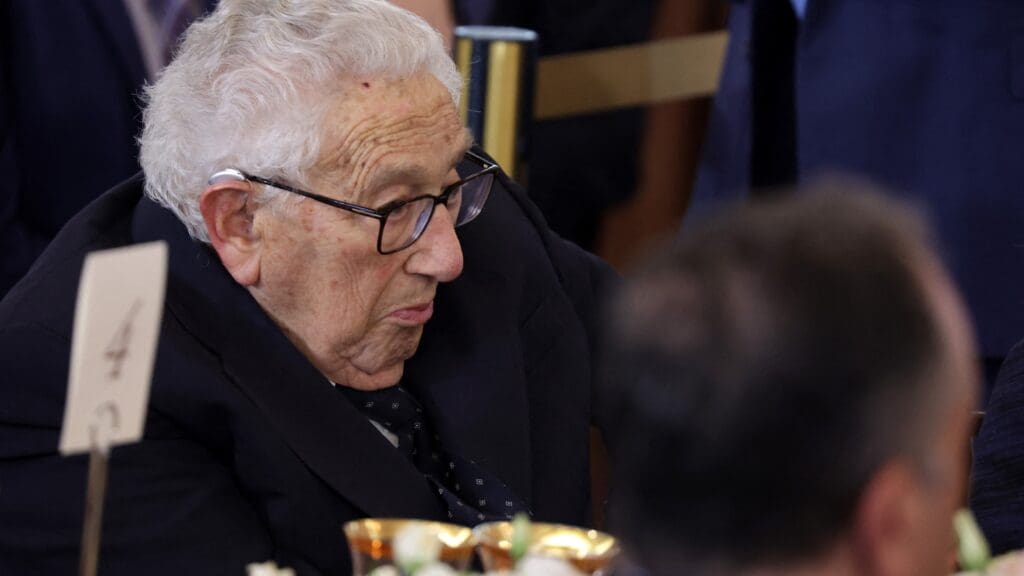
The passing of former U.S. Secretary of State Henry Kissinger marks the end of an era in global diplomacy and strategy. A stalwart in realpolitik with a controversial legacy, his insights are now more relevant than ever before.
How will the struggle between Russia and the West play out? The answer to that may depend on Hungary.